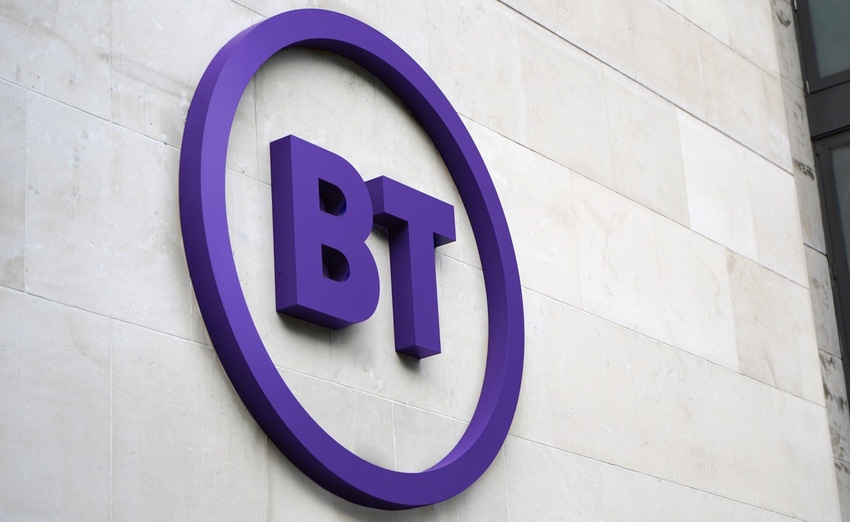Altice's BT investment faces national security probe
The UK government is feeling twitchy about billionaire Patrick Drahi's 18 percent stake in operator group BT.
May 26, 2022

The UK government is feeling twitchy about billionaire Patrick Drahi’s 18 percent stake in operator group BT.
Business Secretary Kwasi Kwarteng on Thursday launched a full national security assessment of Drahi-backed Altice UK’s move last December to increase its holding in BT to 18 percent from 12.1 percent. Under UK regulations, Drahi was prevented from upping his stake again for a further six months. With that standstill period expiring in mid-June, fresh takeover speculation is inevitable.
Given BT’s status as an incumbent telco that operates critical infrastructure, any stake-building by an overseas entity qualifies for a review under the National Security and Investment (NSI) Act. In a brief statement, BT said it has been notified of the probe and “will fully cooperate”. The government has 30 working days to carry out its assessment, but it has the power to extend that period by a further 45 days.
While Drahi said back in December he had no intention of acquiring control of BT, these statements are only required in order to comply with the rules of the standstill period, so there is every chance his real intentions are different.
If he does want a controlling stake in BT, Drahi will have to buy at least another 12 percent of it in order to reach the 30 percent threshold that – under UK rules – would require a mandatory takeover offer to BT’s shareholders. It’s worth noting that Deutsche Telekom, which was BT’s biggest shareholder until Drahi arrived on the scene – currently owns 12 percent of the company, and CEO Tim Höttges has publicly stated that “something” will happen with that stake this year.
Alternatively, BT could become subject to interest from private equity, which has proven lately it is keen on companies involved in large-scale infrastructure projects, like mobile towers and fibre deployment.
BT’s Openreach unit is of course in the midst of a fibre rollout, which aims to cover 25 million premises by the end of 2026. This is a tangible asset promising a steady, long-term return on investment. Proper legacy stuff. It also owns a major mobile operator in the form of EE. In addition, BT has also reduced its exposure to the very costly sports broadcasting market by forming a 50:50 joint venture between BT Sport and Eurosport parent Warner Bros Discovery.
Yet BT’s share price is still way down compared to its pre-Italian-accounting-scandal highs. This can’t have gone unnoticed by private equity, which would only have to win over two shareholders in Altice and DT in order to reach that 30 percent threshold.
Taking all this into consideration, it is little wonder that the government has intervened now, what with the impending expiry of Drahi’s standstill period. Even if his stake-building up to this point is subsequently cleared by the review, it sends the message that any future interest in BT – from Drahi or anyone else – will face similar scrutiny. That could be sufficient to dissuade any and all potential suitors, and suggests that the government will block any attempt to prise BT out of the UK’s hands.
About the Author(s)
You May Also Like











_1.jpg?width=300&auto=webp&quality=80&disable=upscale)


.png?width=800&auto=webp&quality=80&disable=upscale)